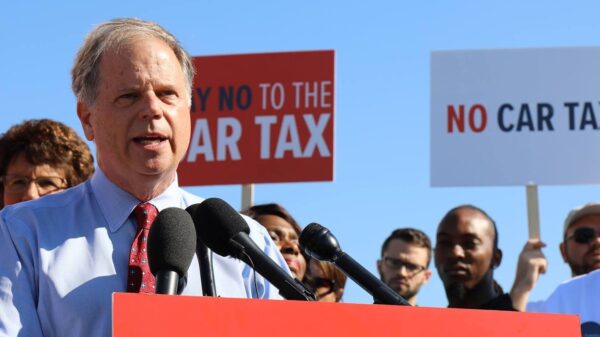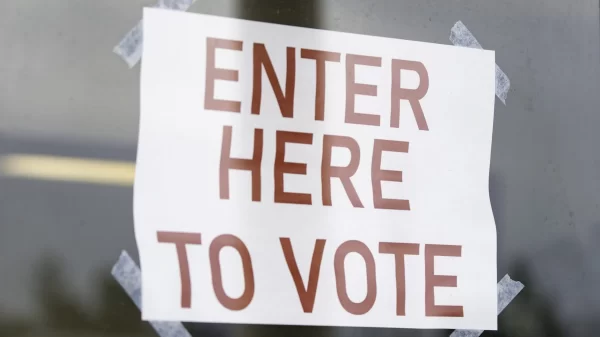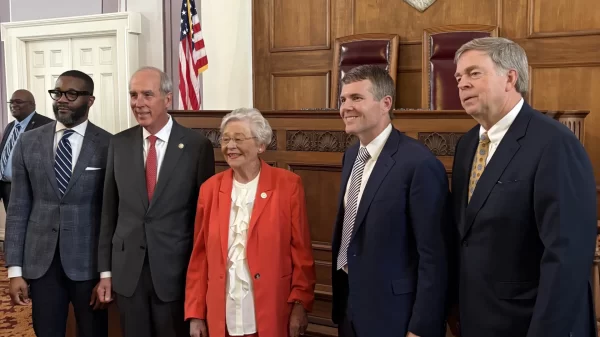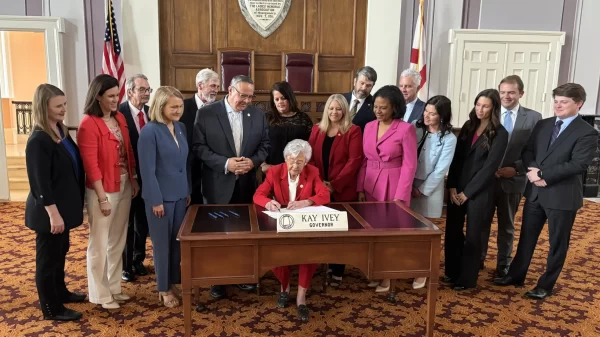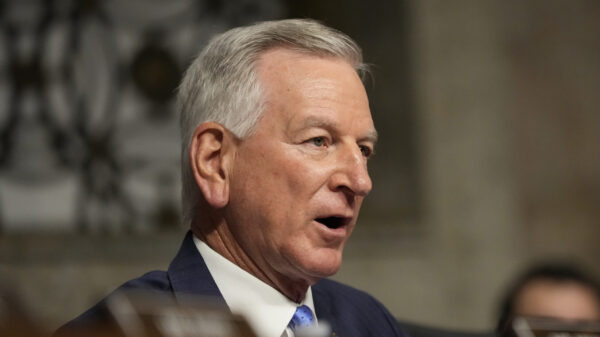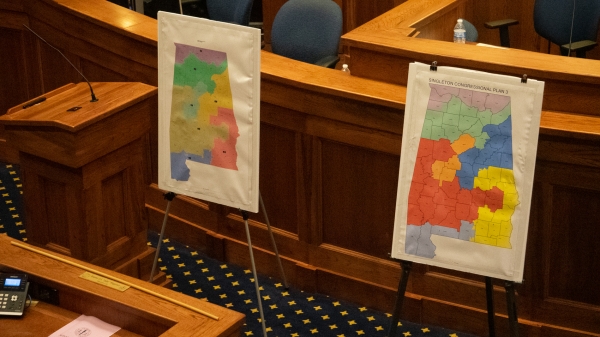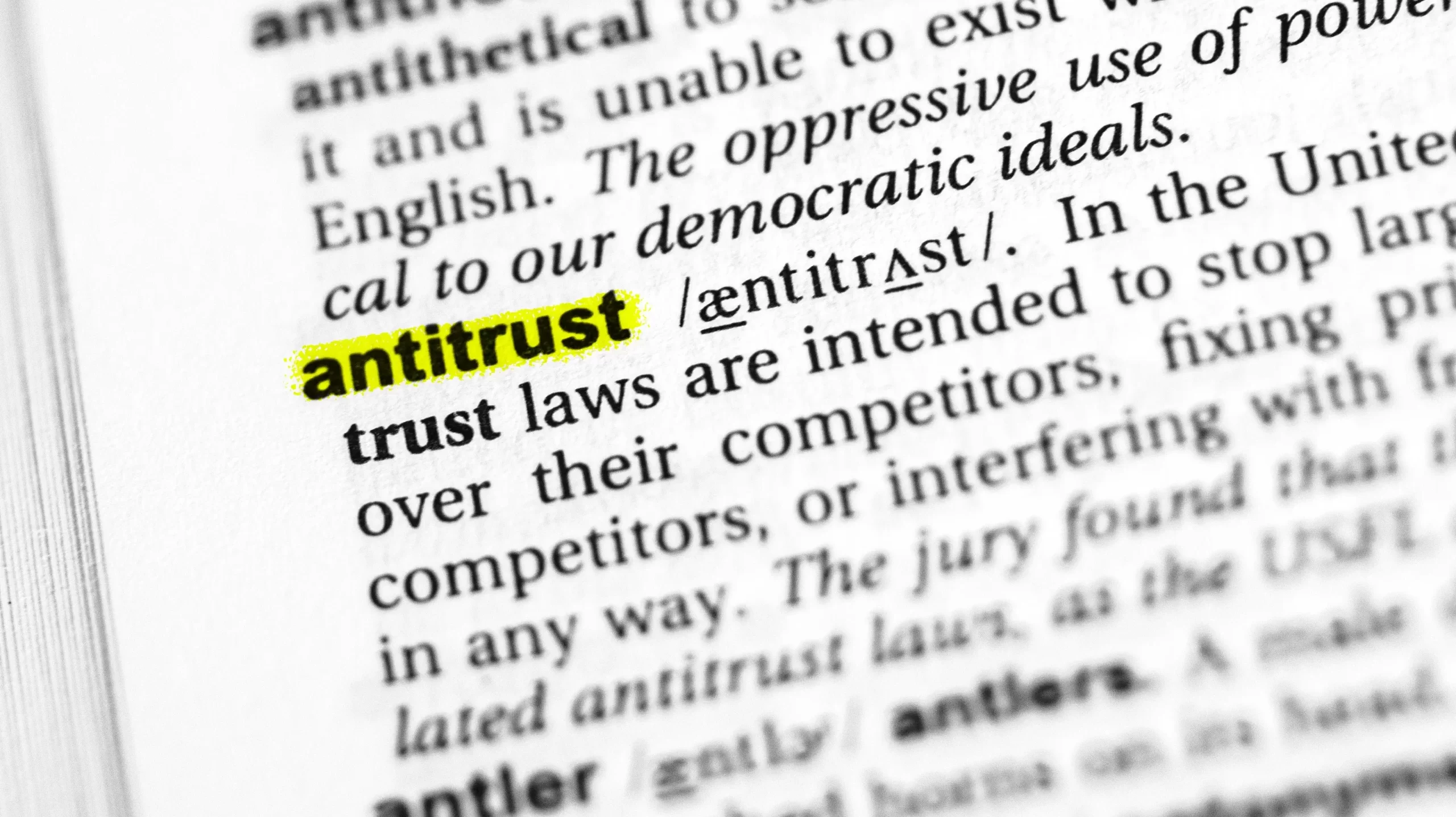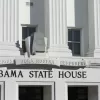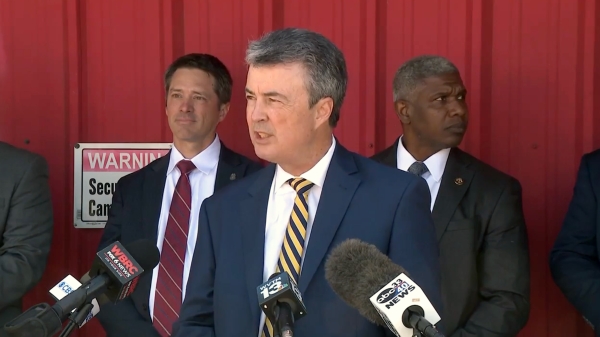In late May, the Department of Justice (DOJ) and 30 states sued Live Nation-Ticketmaster. The suit alleged that Live Nation-Ticketmaster utilized its outsized market share (monopoly) to engage in anti-competitive behavior, including retaliation against potential market entrants and non-cooperating venues, and to charge a “Ticketmaster Tax” where base cost of the ticket increases dramatically with the addition of hidden fees in areas where Ticketmaster has no effective competition.
Of the 30 state Attorneys General who joined the DOJ in suing Live Nation-Ticketmaster for this behavior, Alabama’s Steve Marshall was not among them. Many of the Attorneys General who joined hailed from other southern, conservative states including Texas, Arkansas, Oklahoma, Florida, and South Carolina. So, why did Steve Marshall leave Alabama, a state with a growing live-event industry and rich musical heritage, on the outside looking in?
This is only the latest instance where, just in the past two years, Steve Marshall’s Attorney General’s office has neglected joining and bringing antitrust litigation. Examples of suits that Alabama could have joined, or even brought, include ones against firms in the agricultural industry, tech industry (Amazon, Apple, Google), transportation industry, and even the pharmaceutical industry. In fact, according to the National Association of Attorneys General antitrust litigation database, Alabama is one of only six states to have not either brought or joined any antitrust suits in the past four years.
When state and federal governments do not take an active role in enforcing competition, it can lead to a handful of firms with excess control of a market. With less competition and more market power, firms can engage in price-fixing and collusion, block new entrants (discouraging innovation), and use their stronger bargaining position to increase prices, lower service and quality standards, all while still making profits. Sound familiar to Ticketmaster? Across America we have seen consolidation in a variety of industries that have driven price inflation for groceries, and increased prices in the healthcare, pharmaceutical, airline, and oil industries among others.
Under the Biden administration, the Federal Trade Commission (FTC) and the DOJ Antitrust Division have engaged in the most enforcement seen in decades. Yet, as demonstrated by the amount of conservative states that have joined their litigatory efforts, more active enforcement is not a completely partisan action. Josh Hawley, R-MO, has co-sponsored bills with Elizabeth Warren, D-MA, to prevent monopolies on airport gates and in the Meatpacking industry. JD Vance, R-OH, has said that Lina Khan, the Biden appointed FTC Chair, is “doing a pretty good job.” Matt Gaetz, R-FL, and former Representative Ken Buck, R-CO, have also complimented Lina Khan and FTC enforcement action.
Nevertheless, despite bipartisan support, Steve Marshall and the Alabama Attorney General’s office have not taken any actions standing up to big business. Instead, Marshall has been mired in controversy, and culture war litigation (Birmingham statue, out-of-state abortions). Instead of these frivolous pursuits, Steve Marshall and his office should focus on protecting Alabama residents and consumers from harmful monopolies that impact them daily. Steve Marshall should start with low hanging fruit, investigating and suing RealPage for its algorithmic rent-price fixing.
RealPage is a software company, providing YieldStar, a service that helps landlords set prices for apartments. RealPage has come under fire and investigation for propagating market wide collusion and according to themselves, “push[ing] you to go places that you wouldn’t have gone if you weren’t using it.” It works by taking each of its client’s sensitive and confidential data from their apartment complexes. Then, RealPage puts this data into its algorithm, which analyzes data from all its users (including competitors) and spits out the rent that should be charged. If we replace the word software with “a guy named Bob,” having access to every competitor’s proprietary information, and using it to set prices, would be blatant collusion. By allowing tacit collusion and uniform rent hikes, cities where RealPage sets the prices for a majority of apartments have seen dramatic increases in rent prices.
Both Alabama as a whole, and Tuscaloosa, have seen rent prices rise at rates substantially outpacing the rest of the nation. While there are likely multiple factors at play, RealPage is most certainly one. In Tuscaloosa, parent companies of apartments including The Cottages, East Edge, Union on Frank, The Lofts, and Union Tuscaloosa have all been named in lawsuits for, or admit to, using RealPage.
RealPage has been sued by the District of Columbia and Arizona, the FBI has raided their offices, and a suit from the DOJ is likely imminent. Steve Marshall and his office must join and make up for the missed opportunity with the Ticketmaster suit. Then they must go further, looking into other areas of market consolidation that exist within the state to protect consumers, promote innovation, and ensure a bright economic future for Alabama.

